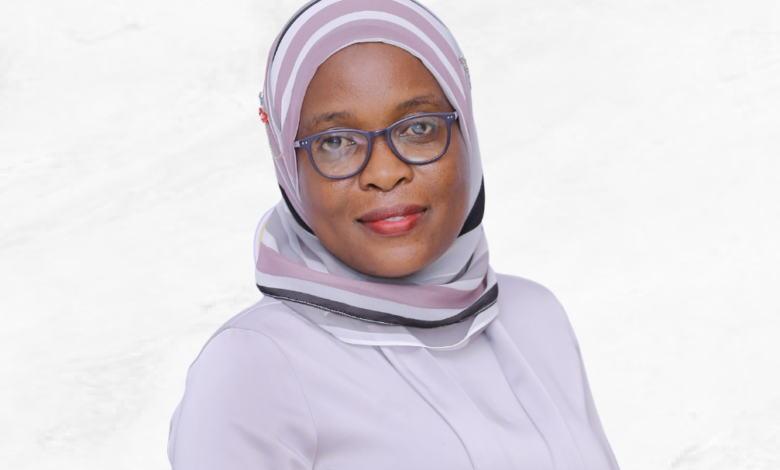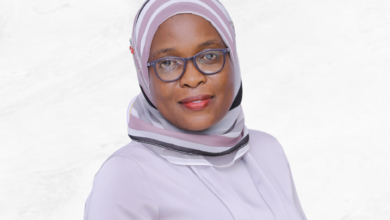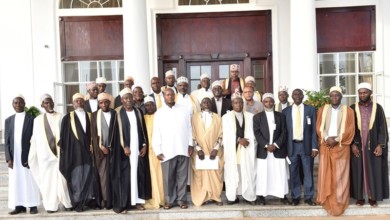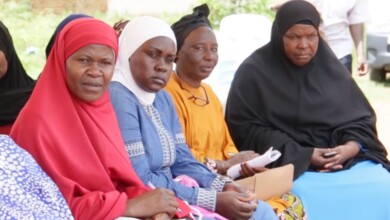Understanding Islamic Finance

By Mariam Nalunkuuma
Uganda’s desire to adopt Islamic Banking and Finance dates way back to the 1990s. Progressively, in 2016, the Financial Institutions Act was amended to provide for financial institutions to carry out safe and sound banking practices which are in accordance with the Sharia principles. Whereas in principle, the amendment introduced majorly four areas namely; Islamic Banking, Bancassurance, Agent Banking and institutionalization of the Deposit Protection Fund, to date, Islamic banking has not yet been operationalized.
The operationalization of Islamic banking has been majorly subject to the restrictions specified by the Central Bank regulations that require the establishment of a National Sharia Advisory Council, which is not yet in place.
Articles on Islamic finance and banking in The Friday Call shall not dwell on obstacles to the operationalization of Islamic banking but rather share information and knowledge on how Islamic financing works.
We need to make informed decisions at the right time when the services and products get presented on the market or when Islamic financing becomes fully operational.
Islamic finance as an industry is here and is rapidly growing as a viable alternative to conventional banking in both Muslim and non-Muslim countries.
To consume and make the right decision on any Islamic finance product and service, you need to be empowered with Islamic financial knowledge and information.
In the conventional world, there are clear efforts by different entities directed toward creating financial literacy in various sections of the community. Many financial services initiatives/programs and projects are creating awareness and advocacy for the respective target audiences to appreciate, understand and have information about the use and benefit of various financial instruments. However, awareness creation on Islamic finance is still limited and as such will affect its adoption and uptake when it fully becomes operational.
It is evident that financial services and financial inclusion efforts worldwide have become an important agenda in various countries, Uganda inclusive. In our context, we all witnessed the Presidential Initiative on Wealth and Job creation (Emyooga) get launched in August 2019 as part of the broad government strategy targeting to transform 68% of homesteads from subsistence to market-oriented production. The overall objective of Emyooga is to promote job creation and improve household incomes. In February this year, another government initiative, the Parish Development Model (PDM) was launched. This aims at lifting 39% of Uganda’s population from subsistence to a money economy. The PDM has seven pillars; Production, Storage, Processing and Marketing; Infrastructure and Economic Services; Financial Inclusion; Social Services; Mindset change; Parish Based Management Information System; and Governance and Administration.
Both strategies and initiatives have elements of financing, accessing funds and improving livelihoods. However, before we quickly judge the usefulness or uselessness of these initiatives, have we interested ourselves to appreciate how the funds from the initiatives can benefit you as an individual or the Muslim community? From the onset, are funds to be accessed following, complying or contravening Islamic finance principles? How much time have you taken to learn more about these programmes? It’s high time you opened your mind and learnt more about these initiatives.
Islamic finance comes clear on how businesses and individuals should raise capital and invest it all in accordance with Sharia law. The basic principles of Islamic finance according to the teachings and the practices of Prophet Muhammad (PBUH) are Riba (usury/interest), Gharar (uncertainty), Maysir (gambling) and investing in businesses that are permissible. To run a financial system that is based on Islamic principles with all transactions free from these principles, these concepts must be clearly understood. Next week, we shall appreciate in detail the Islamic finance principles.
Mariam Nalunkuuma works with the Deposit Protection Fund of Uganda






